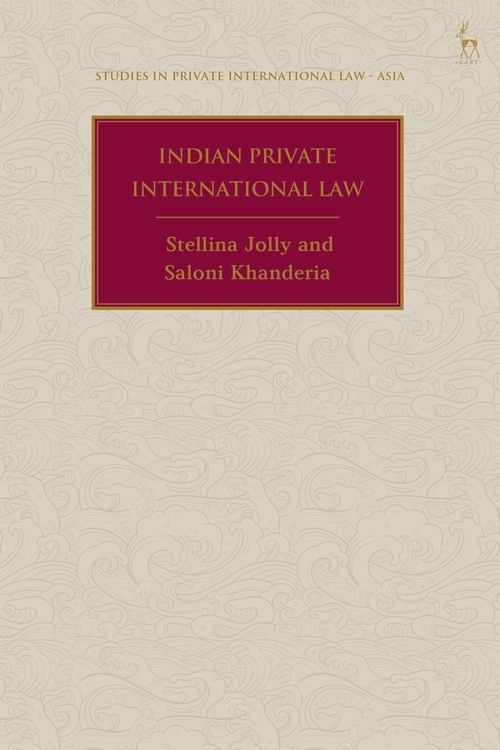
This book provides an authoritative account of the evolution and application of private international law principles in India in commercial and family matters. Through a structured evaluation of the legislative and judicial decisions, the authors examine the private international law in the Republic and whether it conforms to international standards and best practices as adopted in major jurisdictions such as the European Union, the United Kingdom, the United States, India's BRICS partners - Brazil, Russia, China and South Africa and other common law systems such as Australia, Canada, New Zealand, and Nepal.
Divided into 13 chapters, the book provides a contextualised understanding of legal transformation on key aspects of the Indian conflict-of-law rules on jurisdiction, applicable law and the recognition and enforcement of foreign judgments or arbitral awards. Particularly fascinating in this regard is the discussion and focus on both traditional and contemporary areas of private international law, including marriage, divorce, contractual concerns, the fourth industrial revolution, product liability, e-commerce, intellectual property, child custody, surrogacy and the complicated interface of 'Sharia' in the conflict-of-law framework.
The book deliberates the nuanced perspective of endorsing the Hague Conference on Private International Law instruments favouring enhanced uniformity and predictability in matters of choice of court, applicable law and the recognition and enforcement of foreign judgments.
The book's international and comparative focus makes it eminently resourceful for legislators, the judges of Indian courts and other interested parties such as lawyers and litigants when they are confronted with cross-border disputes that involve an examination of India's private international law. The book also provides a comprehensive understanding of Indian private international law, which will be useful for academics and researchers looking for an in-depth discussion on the subject.